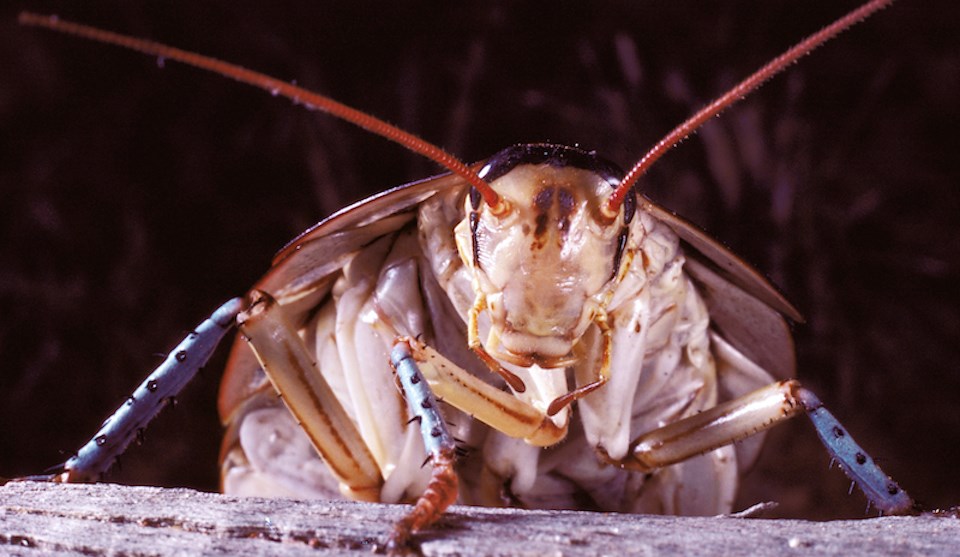Â鶹´«Ã½Ó³»renters often complain about their living situations — but some of them grapple with decidedly brutal ones.
Certain scenarios require immediate attention, particularly if they risk the tenant's safety and health.
Damaged plumbing fixtures, major leaks in pipes, major heating or electrical issues, and damaged locks that make the unit insecure all qualify as issues requiring an emergency repair.
How will a tenant notify a landlord about an emergency repair?
The landlords are responsible for providing an emergency contact with a phone number that is posted in the common area or given to each tenant in written form.
Once a tenant spots a significant issue, they need to contact the landlord or the designated contact person to have it repaired.
If the renter notifies the appropriate party twice and a "reasonable amount of time" has passed, then the renter may arrange to have the repairs done at a reasonable cost.
The landlord may take over the repairs while they are underway and pay for the work that has been partially done. Alternatively, they may reimburse the tenant for the full cost.
Tenants must submit receipts to their landlord, along with a written summary of what happened in order to receive payment. If the landlord believes this cost is too high, they can apply for a .
Landlords also have a responsibility to fix regular and minor repairs if the damage was .
Emergency repairs for infestations
According to of the Residential Tenancy Act (RTA), landlords are responsible for providing and maintaining their residential properties in a state that complies with the health, safety and housing standards required by law. In other words, they need to keep your pad pest-free or deal with pest issues as they arise.
If a tenant feels a landlord has failed to meet necessary or even emergency repairs, they may file a claim with the Residential Tenancy Branch (RTB).
In a previous , for example, the tenant claimed the landlord needed to make emergency repairs for health and safety in the rental unit.
The renter alleged that their unit was infested with cockroaches, fruit flies, daddy long legs, rodents, and ants and the problem is now "widespread throughout the entire building." As a result of the infestations, they said their health had greatly suffered.
The tenant also stated that the landlords conducted themselves to the point of "malfeasance, slanderous, libellous, and completely illegal."
Â鶹´«Ã½Ó³»rent: Tenants have the burden of proof in disputes
While the landlord agreed that there were rodent and cockroach infestations, they claimed the tenant caused them. They said pest control companies were unable to rectify the issue due to the poor conditions of the unit.
Tenants also bear a responsibility to uphold the cleanliness of their rental units, too. The RTA stipulates that a "tenant must maintain reasonable health, cleanliness and sanitary standards throughout the rental unit."
The party that makes a claim also bears the burden of proof in a dispute. In other words, they must provide sufficient evidence to sway the balance of probabilities in their favour.
In this case, the ruling notes that the landlord provided extensive documentation while the renter did not. As a result, the RTB ruled in favour of the landlord.



